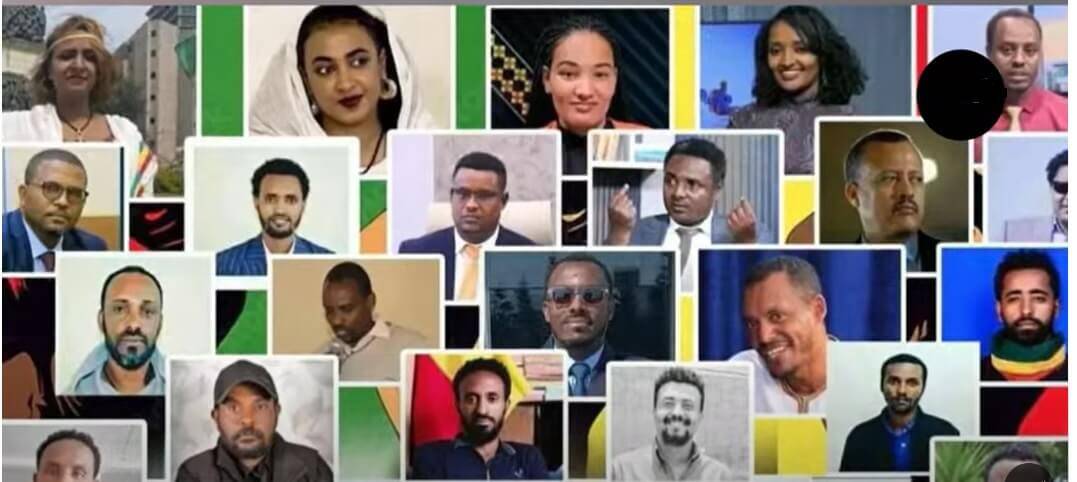
On the occasion of World Press Freedom Day on May 3rd, it is imperative to highlight the importance of preserving media freedom, ensuring the Ethiopian government’s accountability, safeguarding journalists’ rights, and promoting transparency in Ethiopia’s media landscape. The freedom of speech and press is a fundamental human right that must be upheld and protected at all times.
Regrettably, Ethiopia is currently experiencing a distressing situation where numerous journalists are being arrested, imprisoned, and detained. These actions against media professionals shed light on the alarming violations of press freedom in the country.
The severe consequences of suppressing independent journalism, the impact of the media crackdown in Ethiopia, the outcomes of imprisoning journalists in Ethiopia, the challenges faced by a free press in Ethiopia, the decline of press freedom in Ethiopia, and a joint statement issued by seventeen western embassies in Addis Ababa, calling for the release of these journalists and the establishment of a global environment where journalists can report freely without fear of persecution.
The global outcry over Ethiopia’s media crackdown underscores the widespread concern for press freedom and journalists’ rights worldwide. When journalists face intimidation, arrests, or other forms of persecution, it not only hampers their ability to report freely but also undermines the democratic principles of transparency and accountability.
The United Nations’ criticism of Ethiopia’s press freedom situation reflects the international community’s acknowledgment of the importance of safeguarding journalists’ rights. The international pressure on Ethiopia regarding its treatment of journalists demonstrates a collective commitment to upholding press freedom as a fundamental human right.
Calls to end the persecution of media in Ethiopia highlight the urgent need for the government to respect and protect the rights of journalists. By ensuring that journalists can work without fear of reprisal, Ethiopia can foster a more open and democratic society where diverse voices can be heard and respected.
Conclusion: Ensuring the Protection of Press Freedom and Ensuring Accountability of the Ethiopian Government.
TH
